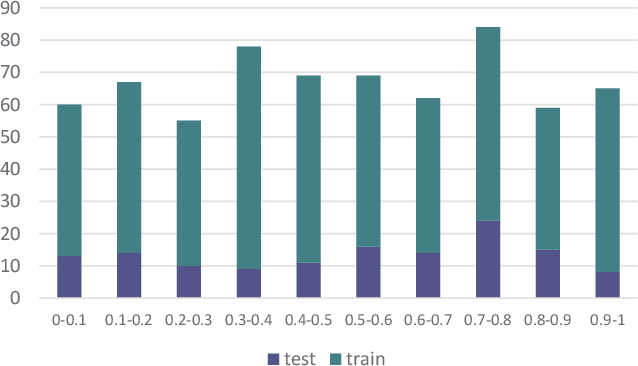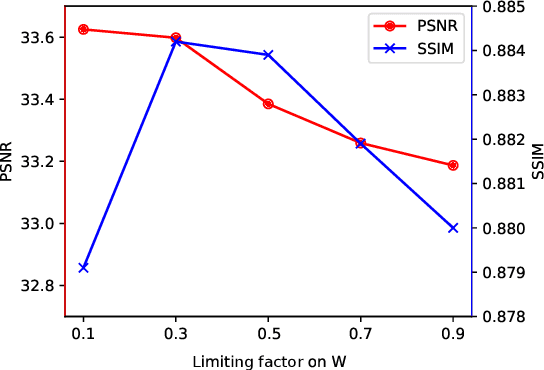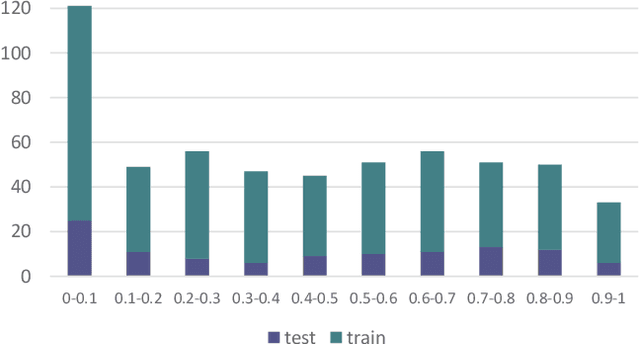Diffusion Enhancement for Cloud Removal in Ultra-Resolution Remote Sensing Imagery
Paper and Code
Jan 25, 2024



The presence of cloud layers severely compromises the quality and effectiveness of optical remote sensing (RS) images. However, existing deep-learning (DL)-based Cloud Removal (CR) techniques encounter difficulties in accurately reconstructing the original visual authenticity and detailed semantic content of the images. To tackle this challenge, this work proposes to encompass enhancements at the data and methodology fronts. On the data side, an ultra-resolution benchmark named CUHK Cloud Removal (CUHK-CR) of 0.5m spatial resolution is established. This benchmark incorporates rich detailed textures and diverse cloud coverage, serving as a robust foundation for designing and assessing CR models. From the methodology perspective, a novel diffusion-based framework for CR called Diffusion Enhancement (DE) is proposed to perform progressive texture detail recovery, which mitigates the training difficulty with improved inference accuracy. Additionally, a Weight Allocation (WA) network is developed to dynamically adjust the weights for feature fusion, thereby further improving performance, particularly in the context of ultra-resolution image generation. Furthermore, a coarse-to-fine training strategy is applied to effectively expedite training convergence while reducing the computational complexity required to handle ultra-resolution images. Extensive experiments on the newly established CUHK-CR and existing datasets such as RICE confirm that the proposed DE framework outperforms existing DL-based methods in terms of both perceptual quality and signal fidelity.
 Add to Chrome
Add to Chrome Add to Firefox
Add to Firefox Add to Edge
Add to Edge